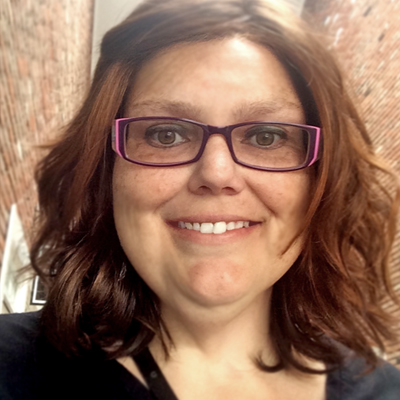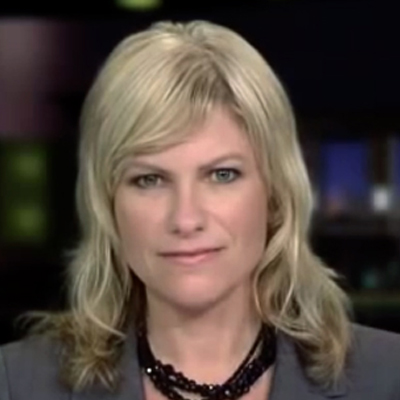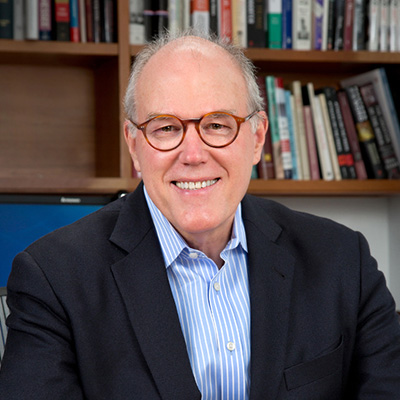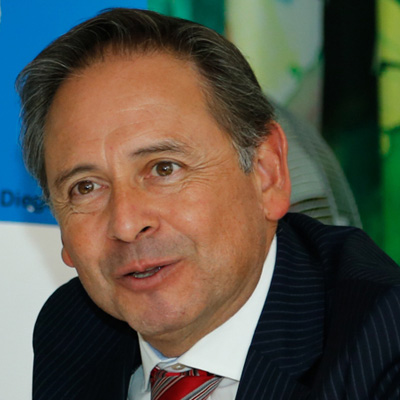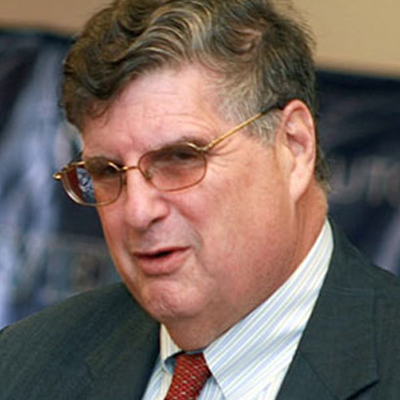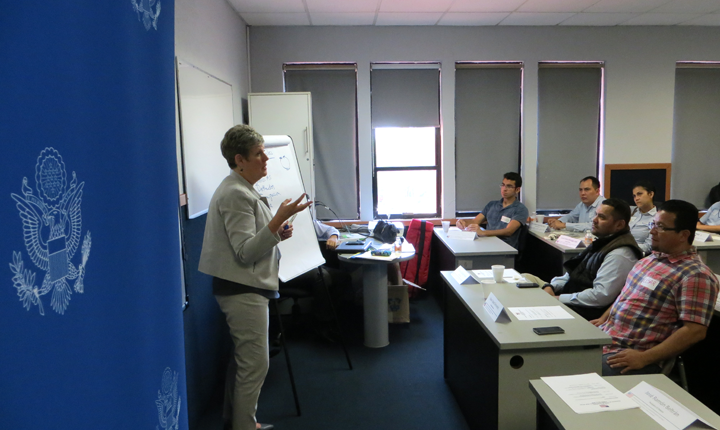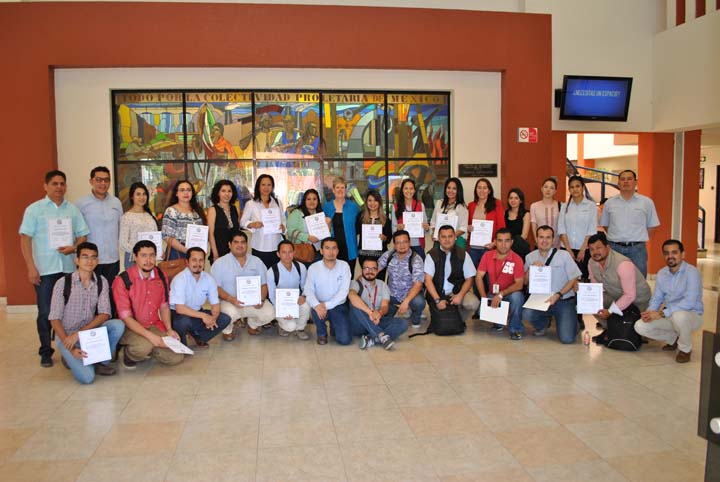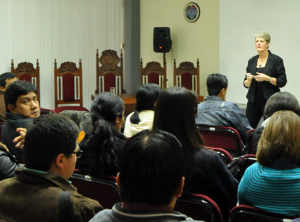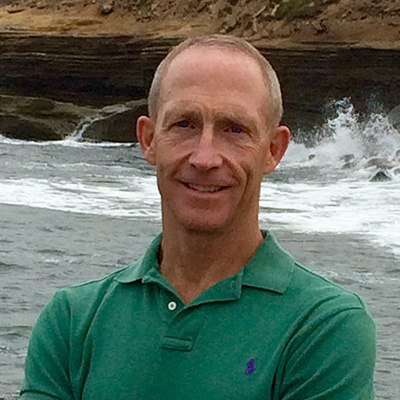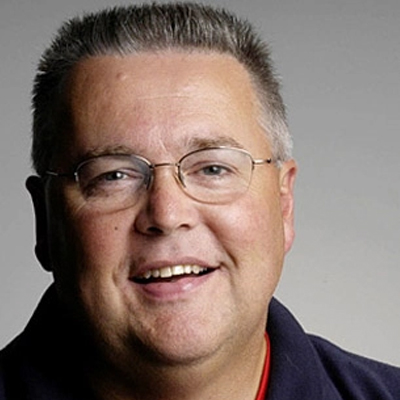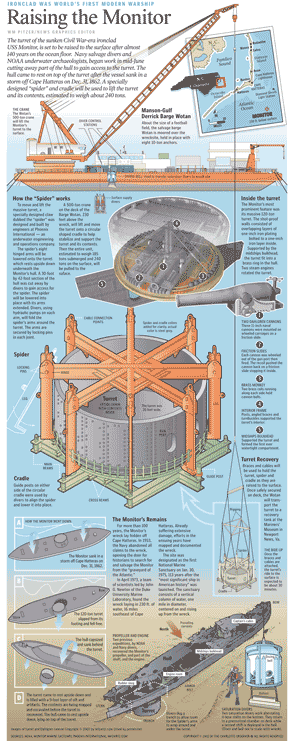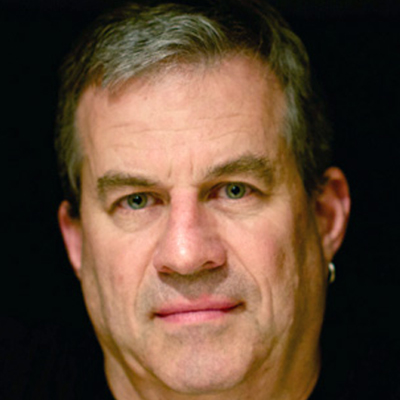Published Work

“The Virgin of the American Dream“ is a book of murals of the Virgin of Guadalupe which journalist Sam Quinones tells readers are used by Los Angeles business owners to dissuade taggers from marring their walls with graffiti. Quinones has been taking photos of the murals for more than a decade and combines his sharp eye and his gifted writing style to produce a powerful chronicle of life in the immigrant communities of Los Angeles.
Quinones, winner of the 2016 National Book Critics Circle Award for Nonfiction and InquireFirst journalist, talks about his new book with Gustavo Arellano and OCWeekly. Quinones, who first came to understand the significance of the Virgin while living and reporting in Mexico, told Arellano, “I began to see how the Virgin, translated to Los Angeles, was used for a similar reason by immigrants, helping them navigate a new world. I was struck too by how many folks used (the Virgin of Guadalupe) as protection, as a security guard for the modest investments they had in their mom-and-pop markets or flower shops or muffler shops. That was the spark for the project. I’ve lost count, but I’d bet I have more than a hundred murals shot – and many more to go.”

“Dreamland” recounts twin stories of drug marketing in the 21st Century. A pharmaceutical corporation promotes its legal new opiate prescription painkiller as non-addictive. Meanwhile, immigrants from a small town in Nayarit, Mexico, devise a method for retailing black-tar heroin like pizza in the United States, and take that system nationwide, riding a wave of addiction to prescription pills from coast to coast. The collision of those two forces has led to America’s deadliest drug epidemic in modern times.
“Dreamland” was selected as one of the best books of 2015 by Amazon.com, Slate.com, the Daily Beast, Buzzfeed, Seattle Times, Boston Globe, St. Louis Post-Dispatch, Entertainment Weekly, Audible, and in the Wall Street Journal and Bloomberg Business by Nobel economics laureate, Prof. Angus Deaton, of Princeton University.
Quinones’ previous two highly acclaimed books grew from his 10 years living and working as a freelance writer in Mexico (1994-2004).
“True Tales From Another Mexico: The Lynch Mob, the Popsicle Kings, Chalino and the Bronx” was released in 2001. It is a cult classic of a book from Mexico’s vital margins – stories of drag queens and Oaxacan Indian basketball players, popsicle makers and telenovela stars, migrants, farm workers, a narcosaint, a slain drug balladeer, a slum boss and a doomed tough guy.
In 2007, Quinones published “Antonio’s Gun and Delfino’s Dream: True Tales of Mexican Migration”. In it, he narrates the saga of the Henry Ford of Velvet Painting, and of how an opera scene emerged in Tijuana, and how a Zacatecan taco empire formed in Chicago. Quinones tells the tale of the Tomato King, of a high-school soccer season in Kansas, and of Mexican corruption in a small LA County town. Threading through the book are three tales of a modern Mexican Huck Finn. Quinones ends the collection with a chapter called “Leaving Mexico,” which recounts his harrowing encounter with narco-Mennonites in Chihuahua.
Donald Trump is the opportunity Mexico has been waiting for
Published March 8, 2017 in Foreign Policy
The American president’s brash style conjures up the worst Yankee stereotypes that have lived in the Mexican mind since the beginning of the country. Within Mexico, Trump’s acidic approach has burned away the gunk of domestic politics and formed alliances, at least for the moment, that seemed unthinkable a few weeks before. His threatening presidency thus offers a chance for Mexico to put behind it battles over minutiae, see beyond parochial interests, unify in the face of a common enemy, and, maybe find the will to attack what has made it a country that people have risked death to leave.
Why Trump’s Wall Won’t Keep Out Heroin
Published February 16, 2017 in The New York Times
Walls have been shown to stop people. Illegal crossing has all but ceased in Tijuana because of two walls, including one that starts in the Pacific Ocean and runs for more than 14 miles before hitting a mountain. But walls have not stopped drugs, especially heroin.
Once the World’s Most Dangerous City, Juárez Returns to Life
Published June 2016 in National Geographic
Amid drug wars, Ciudad Juárez began fixing the local justice system. Now crime is down and residents ‘are losing their fear.’ What happened in Juárez to allow people to stop cowering and resume living? México found the political will, in Juárez at least, to strengthen the criminal justice system and invest in local government. Doing so encouraged some unexpected protagonists: law enforcement officials who forged a more professional police force in a country where cops are often corrupt, business people who stayed to fight rather than flee, and government officials who spearheaded dramatic reforms.
Serving All Your Heroin Needs
Published April 17, 2015 in The New York Times
Fatal heroin overdoses in America have almost tripled in three years. More than 8,250 people a year now die from heroin. At the same time, roughly double that number are dying from prescription opioid painkillers, which are molecularly similar. Heroin has become the fallback dope when an addict can’t afford, or find, pills. Total overdose deaths, most often from pills and heroin, now surpass traffic fatalities. If these deaths are the measure, we are arguably in the middle of our worst drug plague ever, apart from cigarettes and alcohol.
A New Art Scene Flourishes in Old Tijuana
Published April 14, 2015 in KCRW’s Which Way, LA?
Tijuana is in the midst of a burst of artistic and entrepreneurial creativity as new surprising riffs are rising out of the Tijuana of old. Velvet painting was once Tijuana’s only connection to art; the work of velvet painters planted the seeds for what is now a large and experimental modern-art scene. A town once known for cantinas and strip clubs is home to microbreweries and restaurants serving creative “Baja-Med” cuisine.
How Mexicans Became Americans
Published January 17, 2015 in The New York Times
SOUTH GATE, Calif. — A few weeks ago, the City Council in this suburb southeast of Los Angeles appointed a Mexican immigrant to its advisory council. Jesus Miranda is from Michoacán and owns a taco restaurant here. He’ll advise the council on housing development and other issues.Mr. Miranda’s appointment is hardly national news. But small moments like these are signs of a historic change of heart toward America and civic engagement among Mexican immigrants, many of whom, like Mr. Miranda, have been here for decades.
The End of Gangs
Published December 29, 2014 in Pacific Standard magazine
In 2007, when housing prices were still heated, factory worker Simon Tejada put his home on the market. It was a well maintained three-bedroom in the Glassell Park district of Northeast Los Angeles, and the structure was appraised at $350,000. (Tejada had bought it for $85,000 in 1985.) But only one offer came in: $150,000. “Your house is fine,” the guy told Tejada. “The neighborhood’s awful.”
In Tijuana, Mexicans Deported by U.S. Struggle to Find ‘Home’
Published November 14, 2014 in National Geographic
TIJUANA, Mexico—On the U.S. side of the border, an immigration officer unlocked a padlock on a metal door. On the other side, a Mexican officer unlocked another padlock. With that bit of antiquated protocol, the metal door opened, and Antonio Gomez stepped back into the country he’d fled as a boy.
The Rebirth of Tijuana
Published October 17, 2014 in The New York Times
Tijuana, Mexico — In Tijuana the other day, I met a waitress named Mari. Mari had left her home in Acapulco to cross illegally into the United States in 1999, but was deported three years ago to Tijuana. It had been a long time since she had seen her mother, so she went home to visit.
